After the first leg draw in the Europa League semi-finals between Chelsea and Eintracht Frankfurt, the Blues welcomed the German team to continue the battle for a place in final in Baku. Even though the home team didn’t cope with the expectations, and didn’t succeed to play their game, they got the win through the penalty shootout after 120 minutes which ended in the same result as in Germany – 1-1.
Maurizio Sarri couldn’t get his team to use the attacking patterns they have tended to since he came, due to Eintracht’s well-drilled high pressing. The English team played good in the first half, but right from the beginning of the second part of the game the away team was the slightly better side.
This tactical analysis will show you how Chelsea booked their spot in the final game, and how Adolf Hütter’s team won’t be lucky enough to visit Azerbaijan instead of their opponents.
Lineups
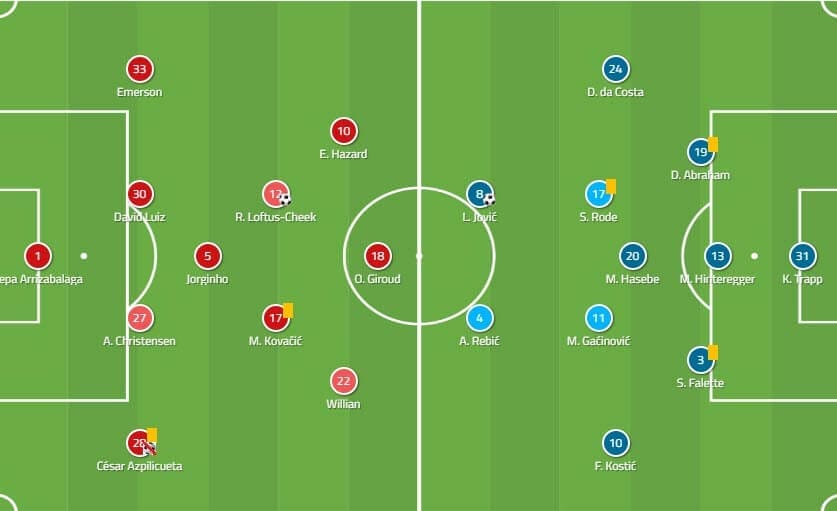
Chelsea started the game with their usual, non-pragmatic 4-3-3 that Sarri has used since day one in London. They played without their key midfield man N’Golo Kante, who was injured, but Mateo Kovačić and Ruben Loftus-Cheek did a good job filling his shoes. Olivier Giroud got his chance in front of Gonzalo Higuain, and he had huge support from their best player Eden Hazard, and Willian on the other side.
Hütter set his team in the 3-5-2 formation which went through a lot of modifications through different phases of the match. When they were attacking they transformed their shape into 4-4-2, with Filip Kostić and Danny da Costa very high up the pitch, positioning themselves as wingers out of their main wing-back position. On top of the attack, Eintracht played with a “Balkan duo” made of Ante Rebić and Luka Jović, who were the biggest threat for the home team’s defence.
Cooperation of Eintracht attackers
Even though the away team didn’t play the way they accustomed us to right from the beginning, their strikers were up to the task from the first minute. Rebić and Jović have created a great understanding throughout this season, and they used that to put a lot of confusion into Chelsea’s defensive line.
Ex-Yugoslavian attackers did a great job positioning between the lines and creating space for each other. One of them usually tended to lock centre-backs to himself, while the other one went lower on the pitch, finding the gap in the half-spaces and getting the ball in dangerous zones.
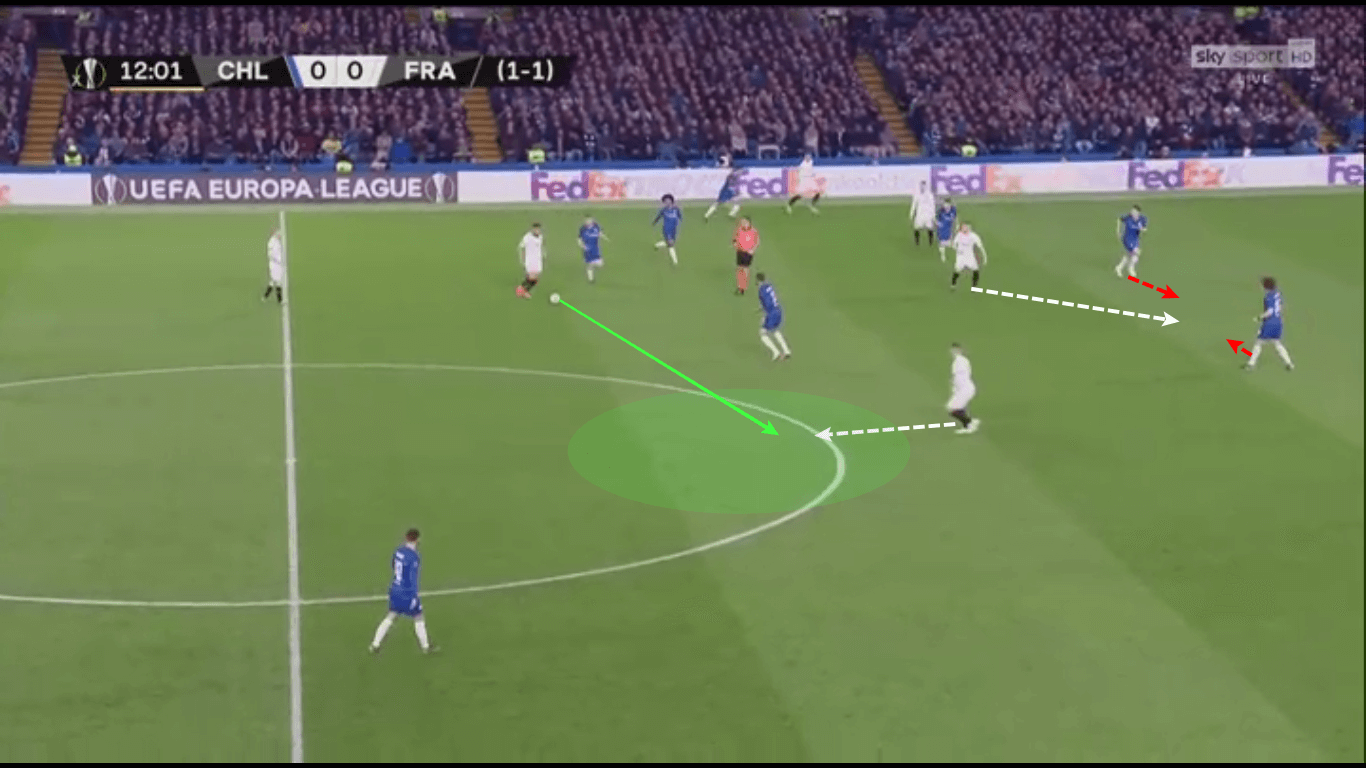
As we can see on the picture above, Rebić draws defenders’ attention to him with his inside run, while Jović lowers himself and gets the ball basically in the midfielder role. That was lucrative for them, especially in the second half when Kostić and Da Costa started playing better since one of those three players was always a good option for the attack to become more dangerous.
The two strikers also played it in the other way around – with the Serbian cutting inside, and the Croatian coming closer to pick up the ball. Those situations happened mostly when Hütter’s team tried to get the chances against the Blues’ block, while both teams were more static.
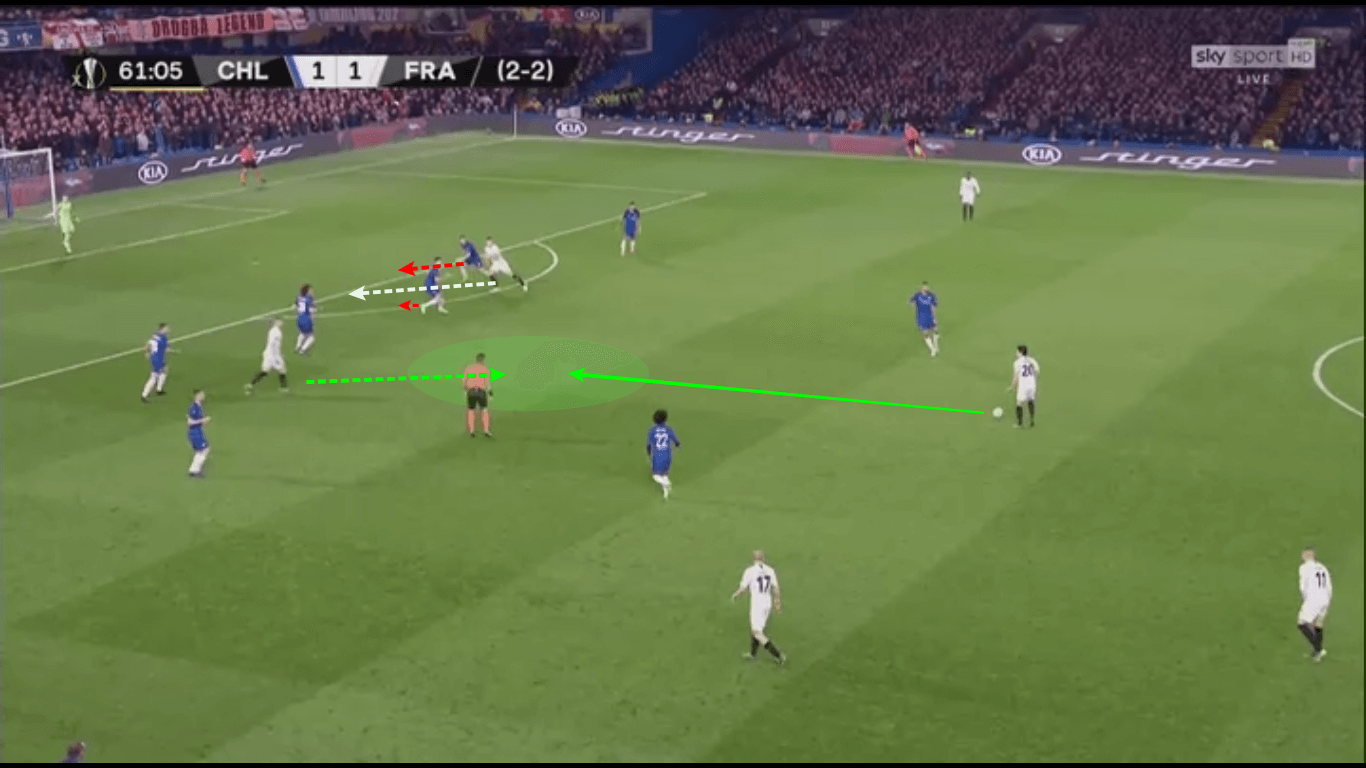
When Chelsea cut out Eintracht’s passing game, the Germans were forced to try to play in the other way. They intended to skip the midfield lines with longer passes and to find their strikers that were set against the opposition’s centre-backs.
Mijat Gaćinović and Sebastian Rode played the main roles in these phases of the game. They provided excellent support to their strikers, coming to attacks out of midfield zones with their good timing and sense for space.
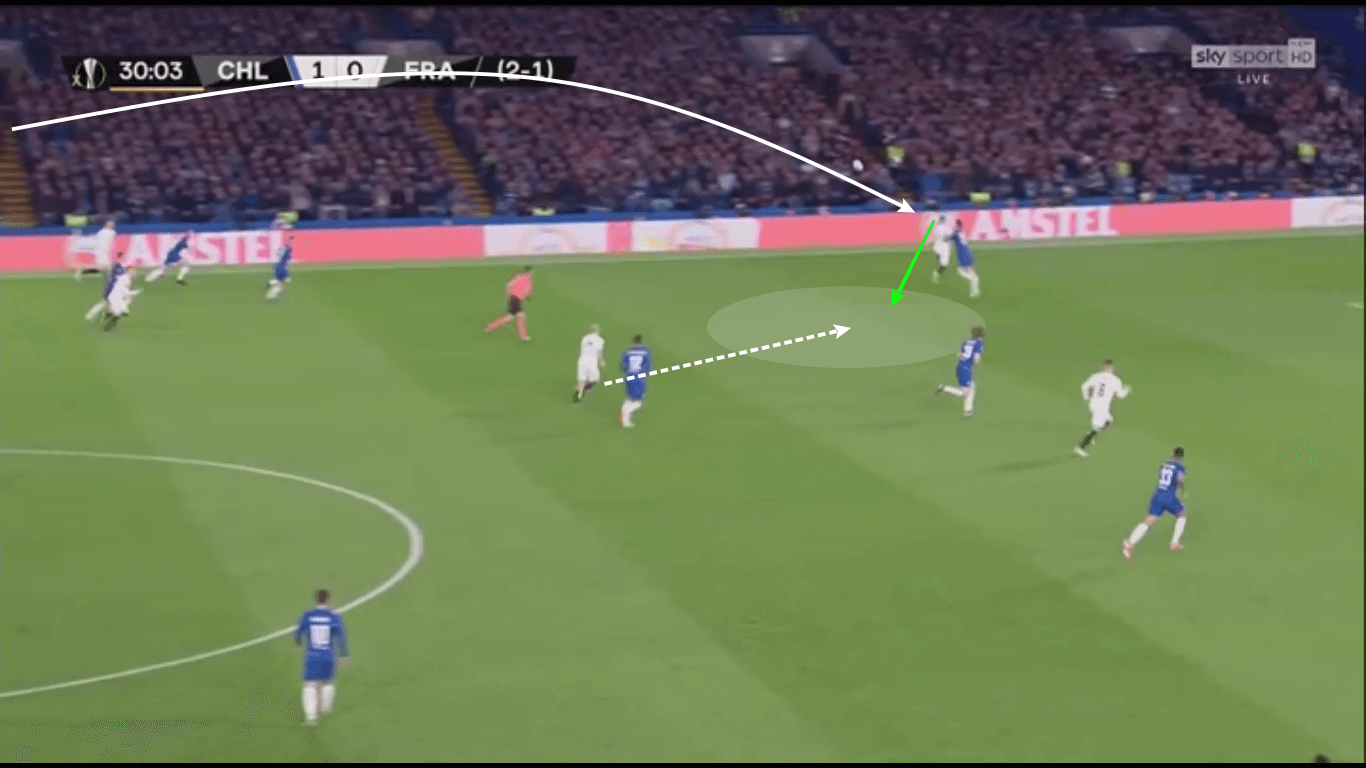
The visitors’ midfielders were very good in collaboration with their strikers. They were a great addition to the attack since they tracked the play pretty good and were always near the action.
Out of one of these situations, Eintracht managed to score. Gaćinović positioned himself very good after the long ball sent to Jović, and provided a great assist due to his spatial awareness and supporting play.
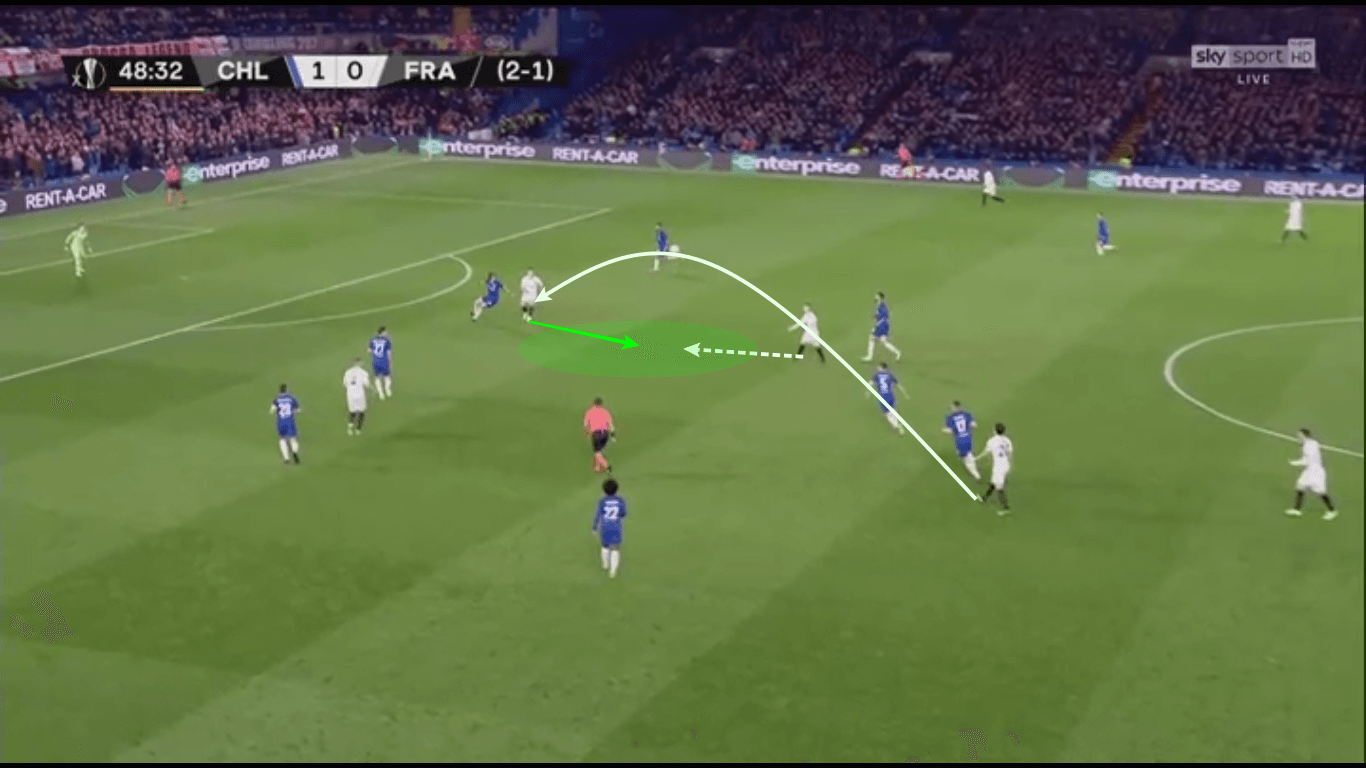
The away team’s idea has changed after Christensen went out because of his injury, and they tried to play more direct, forcing the high press they used through the whole game as their main plan to create chances.
Rebić tended to position himself on Azpilicueta, who changed his position to centre-back and tried to get the better of him because of his physical superiority.
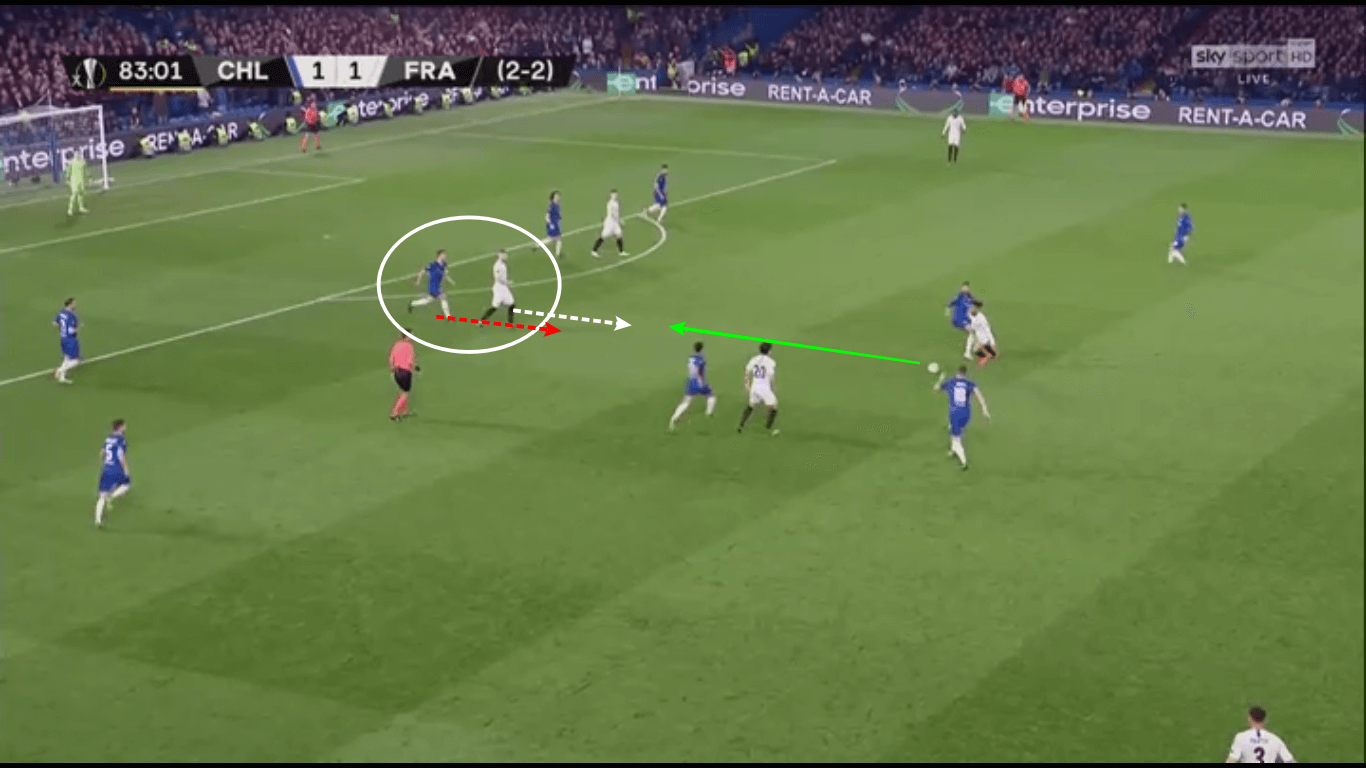
After the Spaniard went down to play in the central position, Kostić got a lot more space for overlapping down the left and provided some good crosses for his team and became much more of a threat than he used to be when he was guarded by Chelsea’s captain.
Sarri’s team exploited Eintracht’s poor defending
In the first half, Chelsea were the better team, mostly because of the away team’s lack of confidence and bad passing game. The Londoners didn’t play a huge role by themselves, but they used the space that was left due to the Eintracht players’ bad communication in defence.
The Germans had a lot of trouble guarding Hazard and Willian on the flanks since they had the support of Emerson Palmieri and Cezar Azpilicueta. Hütter’s players got confused in terms of changing the guardians of Sarri’s attackers, which produced space next to the sidelines for the home team to get dangerous.
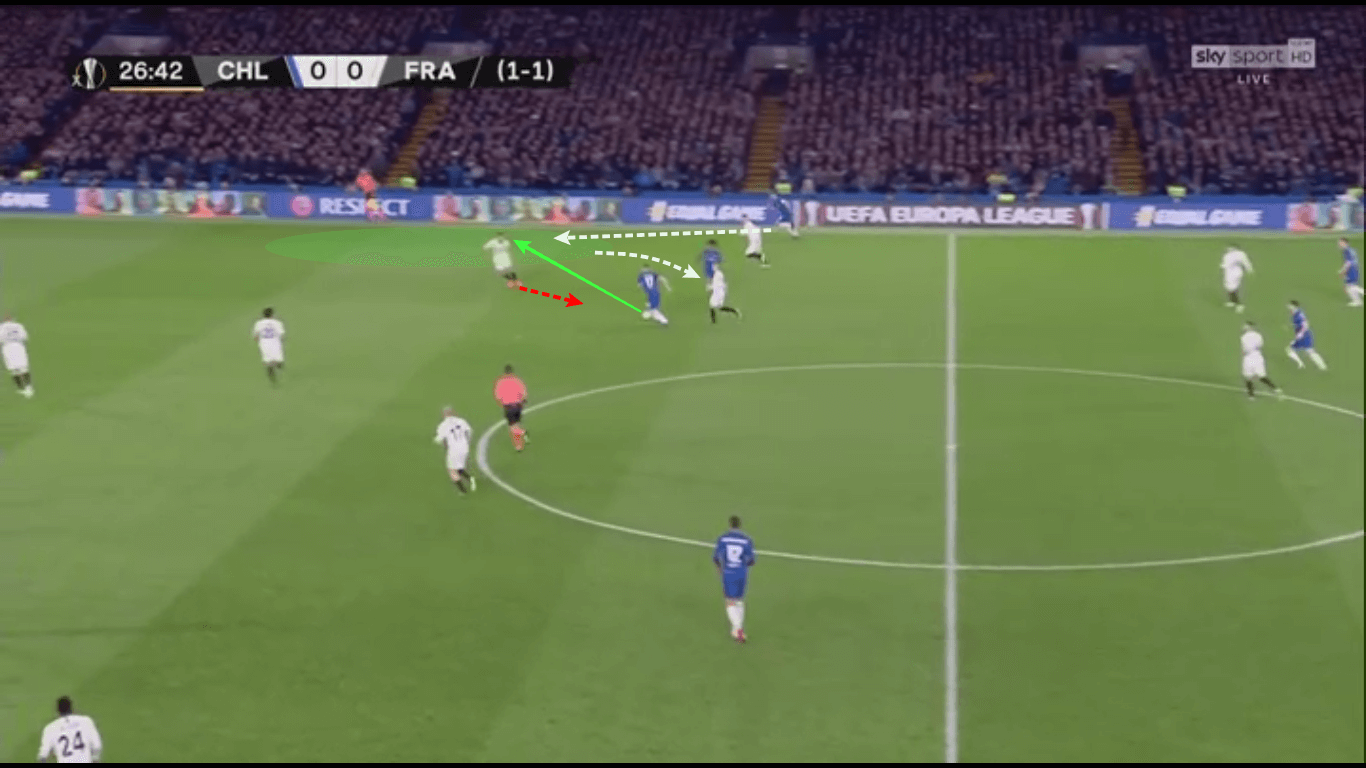
The wing-backs of Frankfurt’s team struggled to complete their defensive tasks because of their high positioning and bad transformation to defence from offence. That left their defenders, who were a lot slower than the opponents’ attackers, in the deficient situations in which they didn’t know how to organise their defending, so Chelsea exploited the space behind Kostić and Da Costa to create good opportunities out of crosses.
The home team scored their goal because of bad communication in Eintracht’s defence and their bad guarding of the winger–full-back duo. The key for Sarri in those situations was his midfielders Loftus-Cheek and Kovačić who sensed the space really well and used the free space for their run-ins.
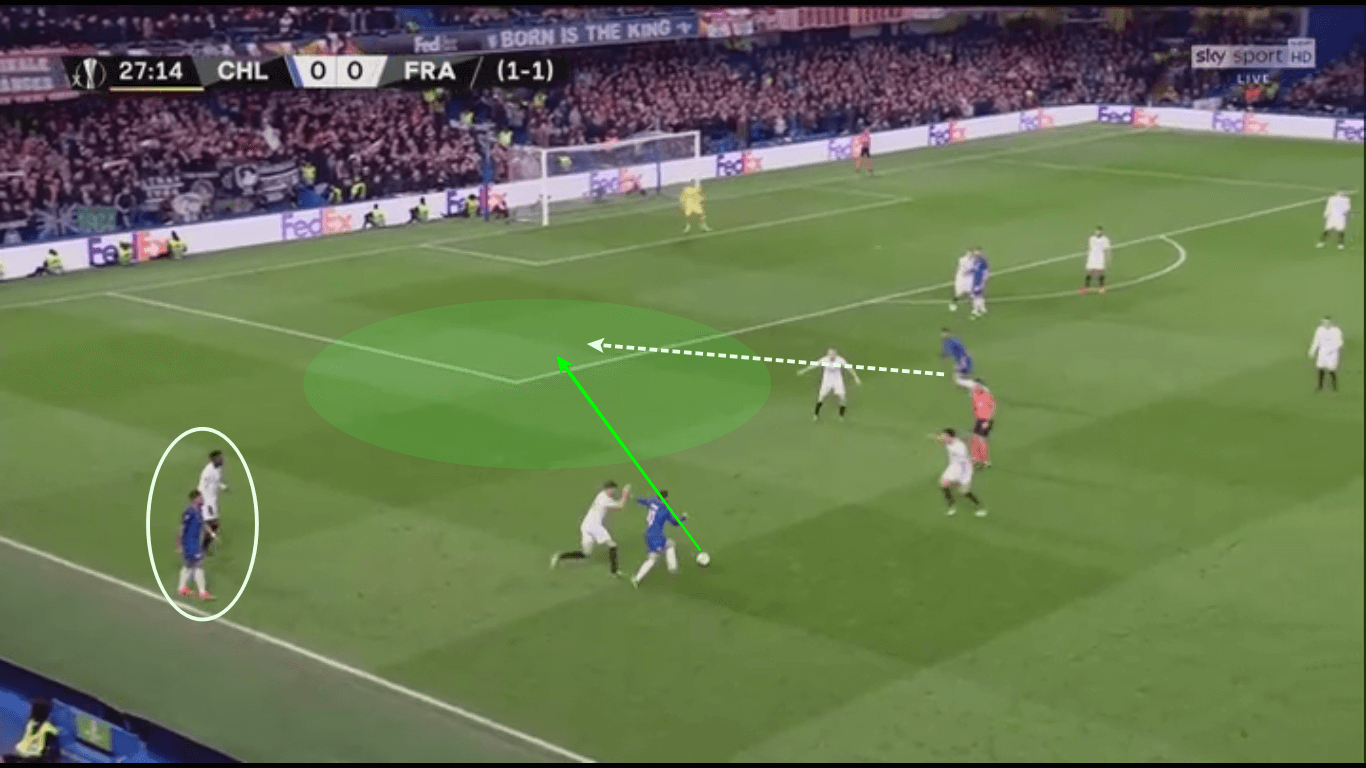
Chelsea created a lot of good chances through their left-handed side. Emerson used the fact that Hazard was often double-teamed, to get himself an advantage and run in behind defenders’ backs to send the ball into the box.
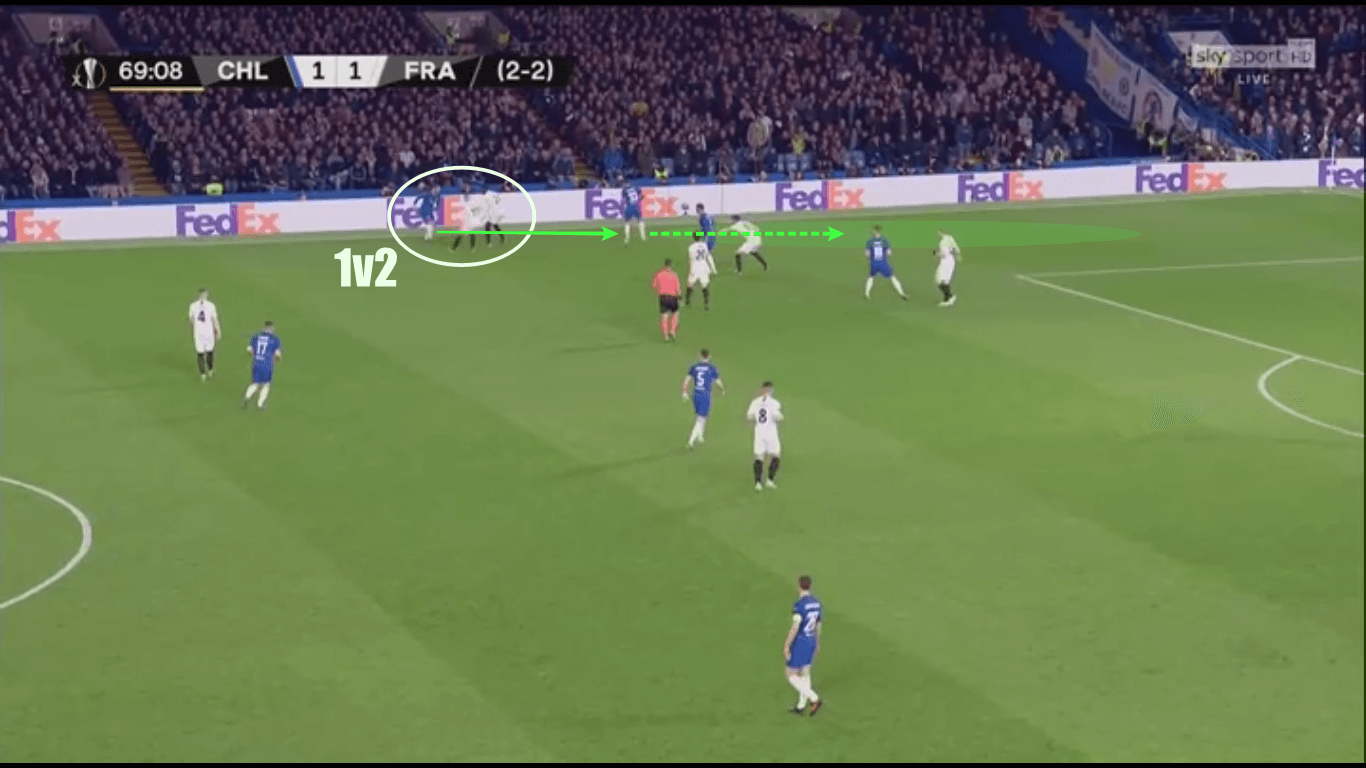
Winger and full-back cooperation made plenty of trouble for the German team and out of those “two on one” situations, Sarri’s boys managed to take the lead and produce a few good situations for scoring.
In the first period, when Chelsea had superiority from the 20th minute, they managed to create spaces in the midfield with the inside cutting of their wingers. Willian and Hazard’s motions affected the situation on the pitch since Chelsea got numerical superiority in the most important zones of the play.
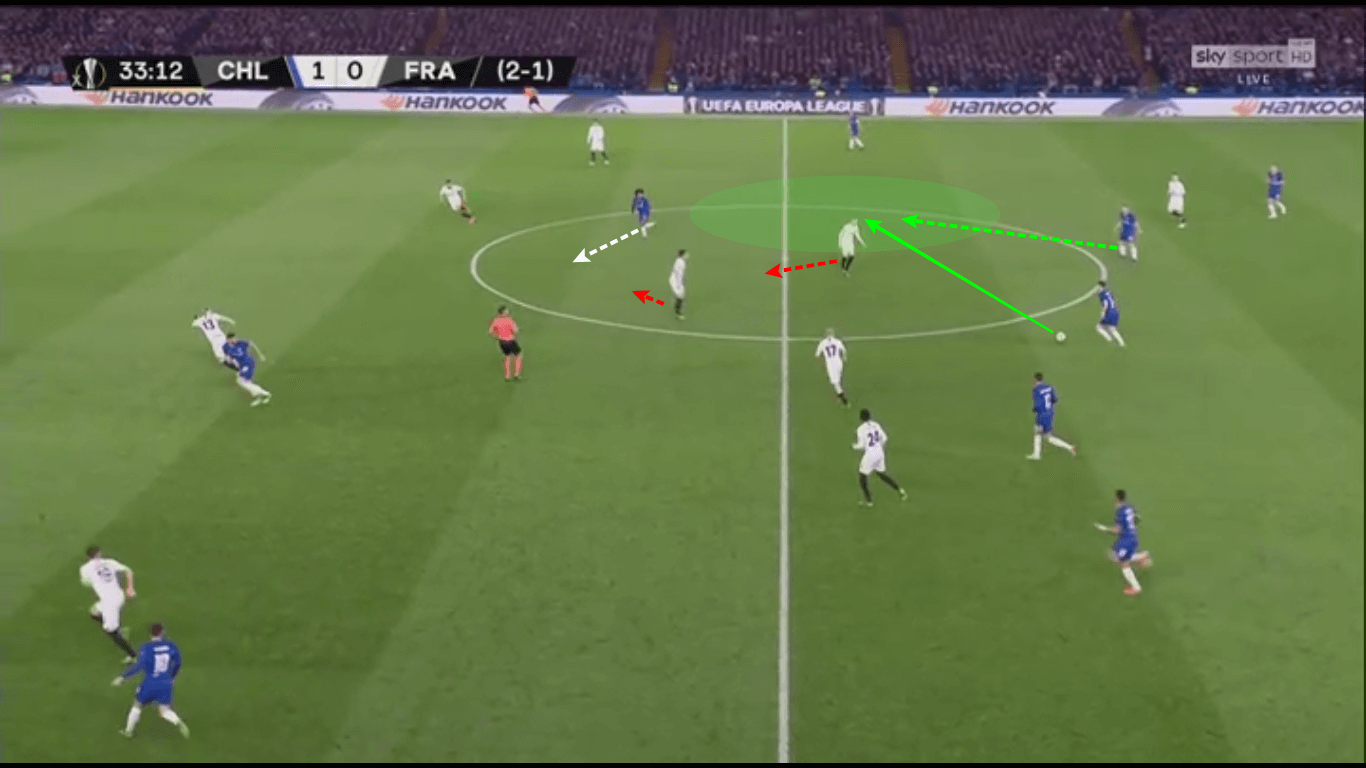
Kovačić and Loftus-Cheek used the empty spaces to get forward and to create an advantage for their team. Even though they scored in the first half, and played very disciplined in the middle, Chelsea lost their game starting from the second half and they didn’t manage to find it once again, although they passed through to the final of Europa League.
Germans’ high press and English team’s transition
Frankfurt started the game with very high positioned defensive line and man-marking of Chelsea’s most important players in the build-up. They tried to high press their opponent in order to disable them to play “Sarriball”, which they succeeded in the first 20 minutes, and in the most part of the second half and overtime.

Eintracht’s attacking part of the team had a clear idea of not letting Jorginho get the ball and create for the home team. Hütter’s players put him in the “jail”, he was often surrounded from every side and he didn’t get many balls in the opening phases of the play.
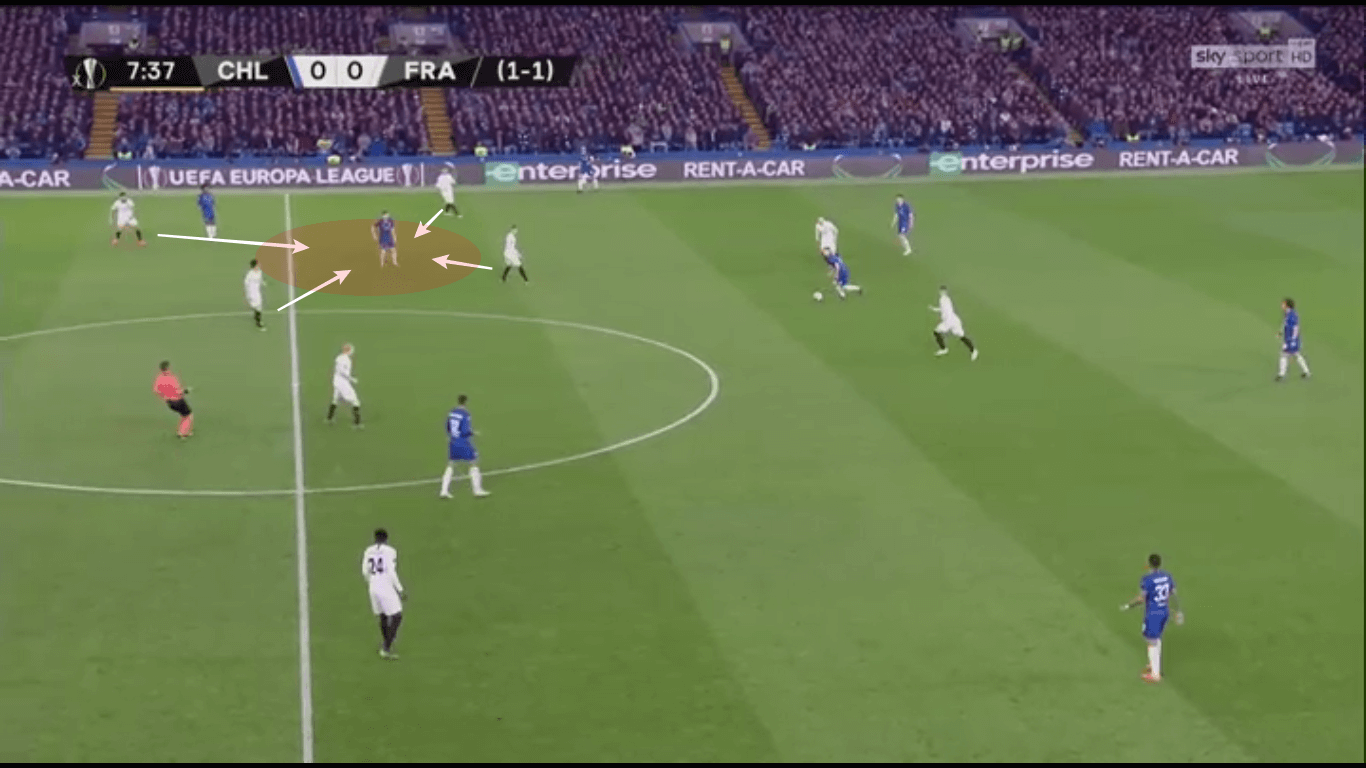
In the second half, the German team relied on their high pressing as much as they did in the first 20 minutes of the match. Gaćinović played a huge role in those moments of the game, providing both support to his attackers, and being the best press player for the away team. He was the best player in both teams during the second part of the match, being very aggressive on the opponents’ half and being constantly on Chelsea’s midfielders when they got the ball.
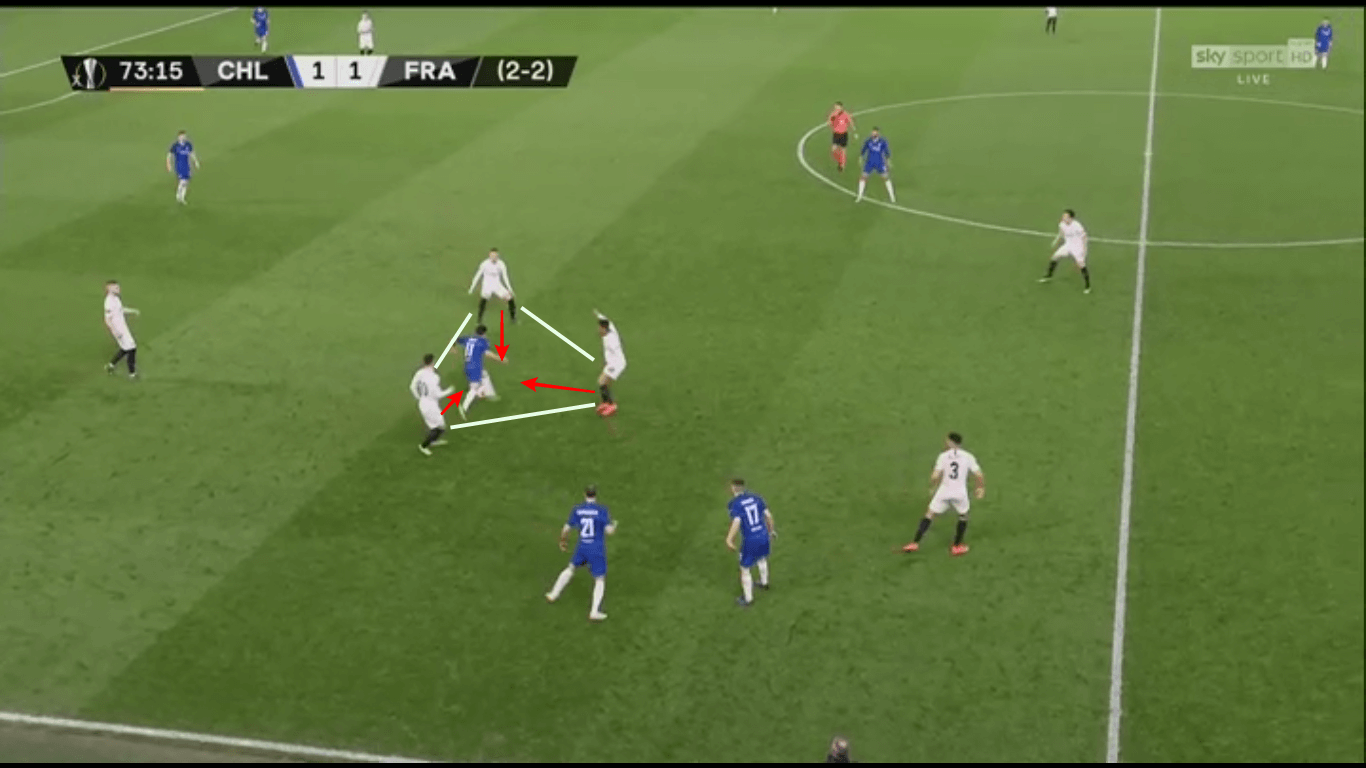
The Serbian midfielder regained possession for his team in very dangerous zones of the pitch, from which Frankfurt could go on to create goal-scoring opportunities.
When Hütter’s team’s press stopped working and the home team became more comfortable playing against the pressure, Eintracht had a lot of trouble guarding their opponents’ transition. Loftus-Cheek and Jorginho played a big part in those transformations due to good pace and physical characteristics of the Englishman and fast ball-moving from the naturalized Italian.
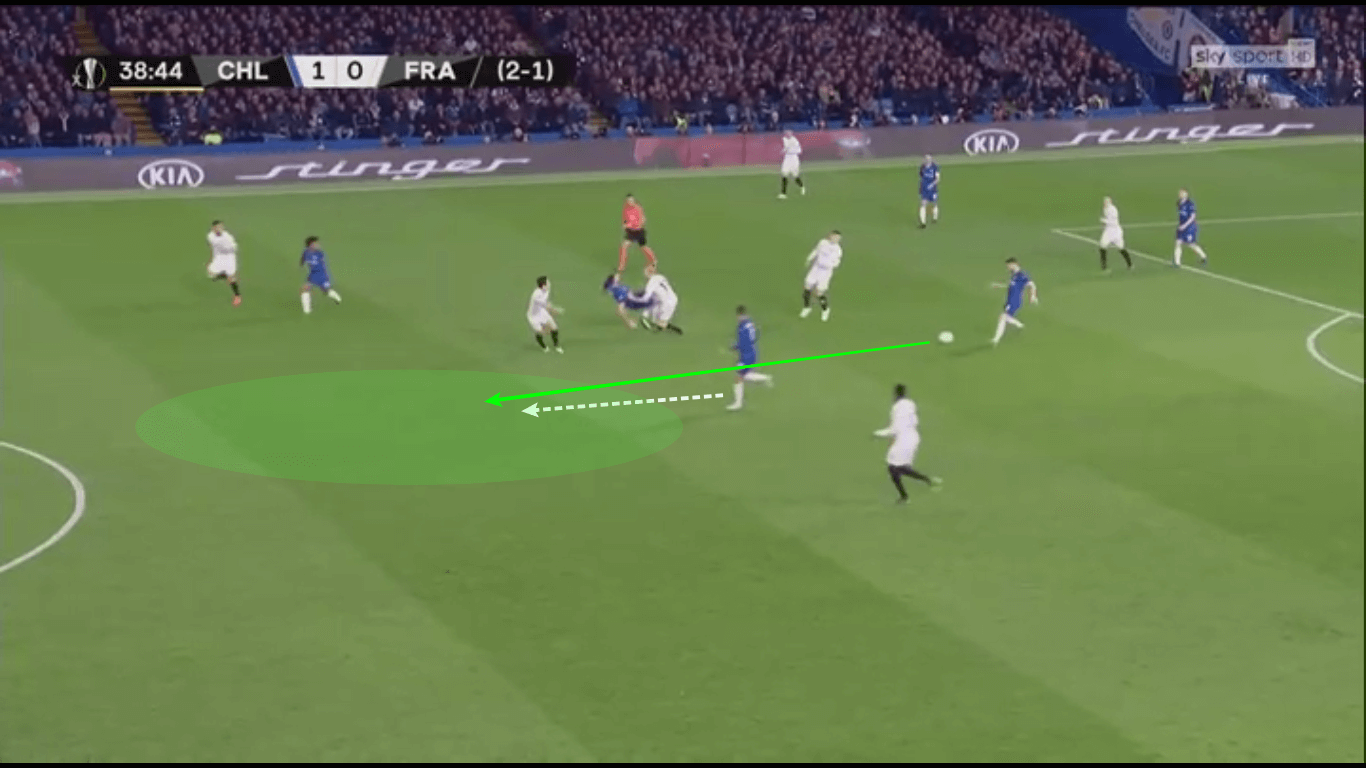
After the 90 minutes mark expired, the teams grew more cautious and struggled to carry out their gameplans that they had played throughout most of the game. Both Chelsea and Frankfurt gave up on their attacking patterns in overtime, with the home team trying to get chances through possession and Hazard’s individual skills, and the away team waiting for counter-attacks.
Ross Barkley was a good refreshment for his team, he was good on the field and a threat to Kevin Trapp’s goal from distance. Even though Sarri’s team had control of the play, they didn’t manage to create greater chances because of bad attacking movements. Eintracht missed better opportunities out of countering, and that led the teams to a penalty shootout.
Conclusion
Chelsea got away with the win, although they didn’t fully deserve it. Eintracht Frankfurt were the better team for the most part of the game, creating better goal-scoring opportunities and playing pretty aggressive football in their opponents’ half.
Luka Jović and Ante Rebić showed the amount of potential they possess and it is clear that they will be the stars of the upcoming transfer window. The home team didn’t play “Sarriball” once again, they were shut with the opposition’s high press with a few good moments in their game.
Kovačić and Loftus-Cheek on one side, and Gaćinović and Rode on the other, played very well in different stages of the game, providing great support for their attackers and being the keys to both teams transforming through the game.
The Blues managed to get the win and seal the deal for the finals, but if they want to lift the trophy of the Europa League in Baku, they will need to play way better then they used to do it in this game.
If you love tactical analysis, then you’ll love the digital magazines from totalfootballanalysis.com – a guaranteed 100+ pages of pure tactical analysis covering topics from the Premier League, Serie A, La Liga, Bundesliga and many, many more. Buy your copy of the April issue for just ₤4.99 here, or even better sign up for a ₤50 annual membership (12 monthly issues plus the annual review) right here.

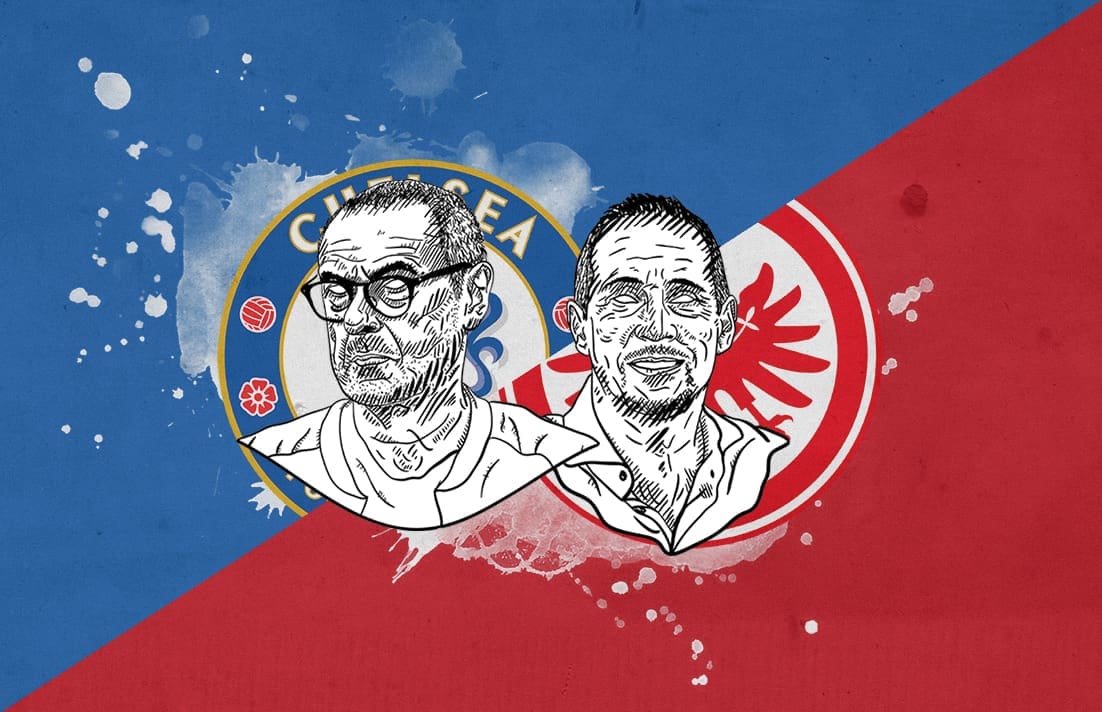
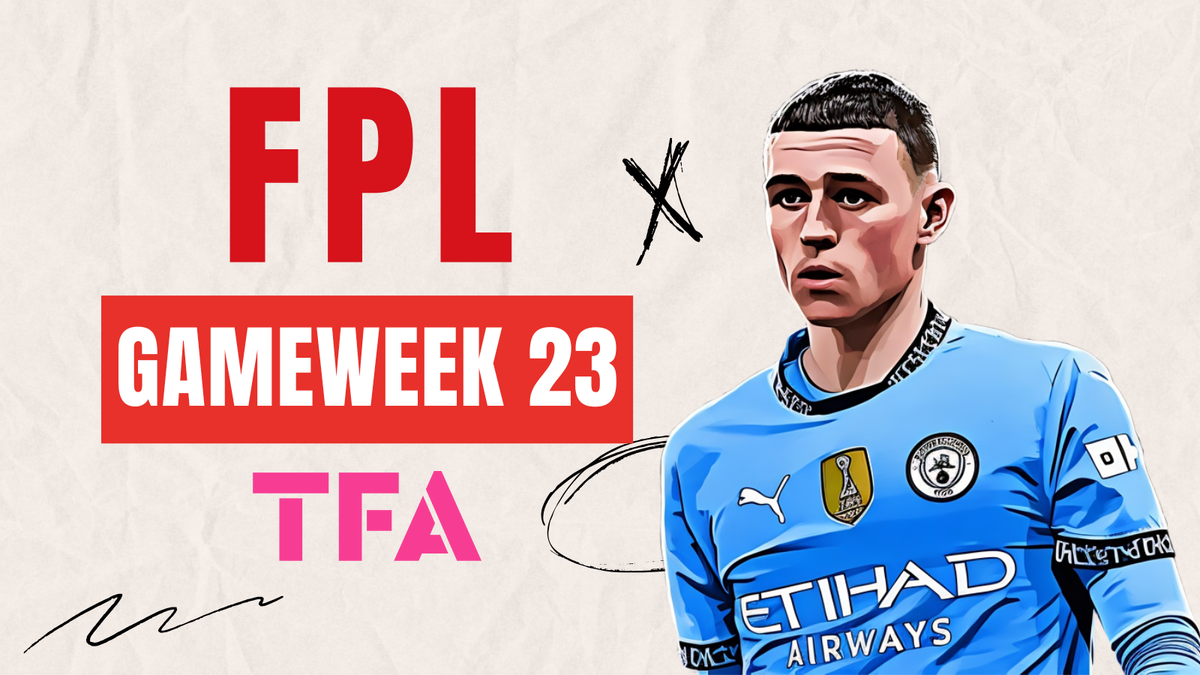
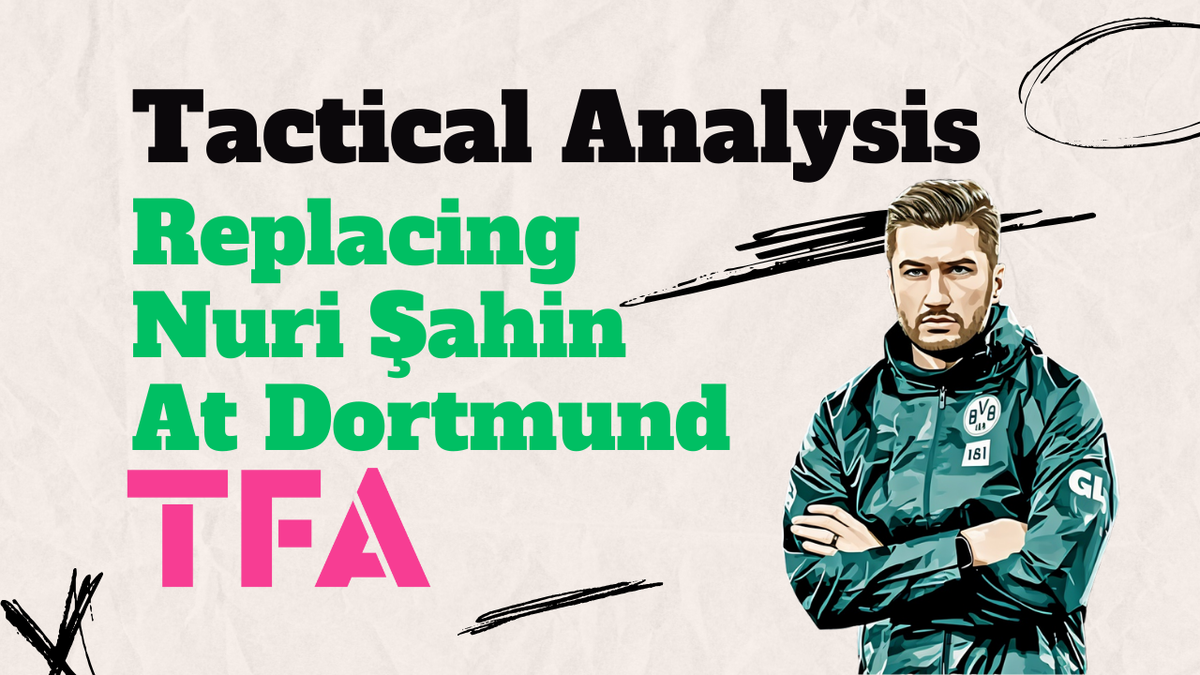
Comments